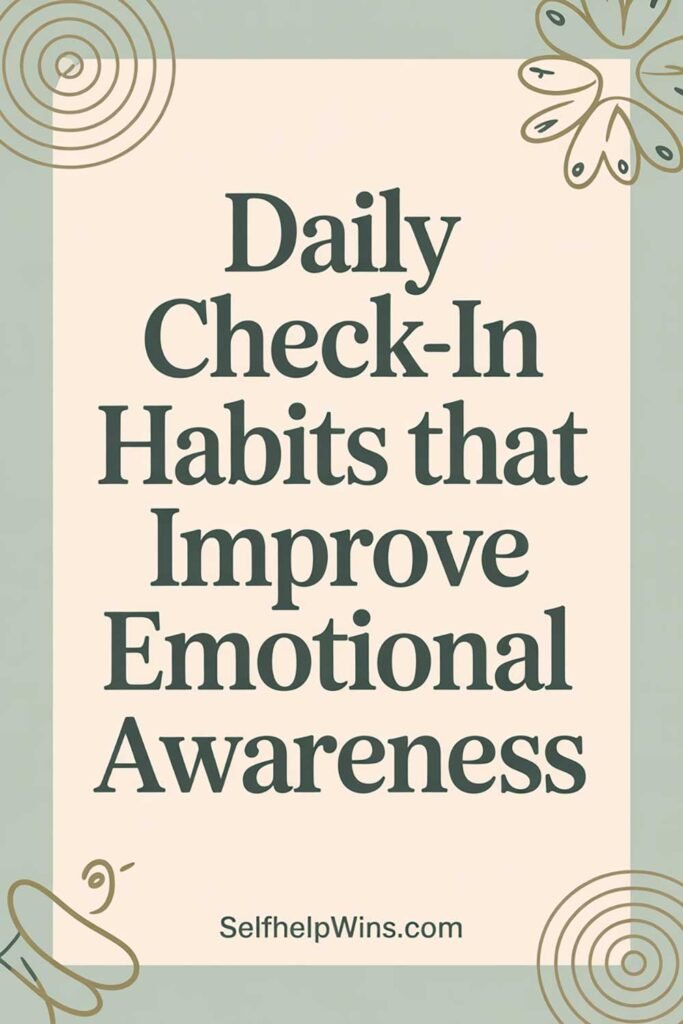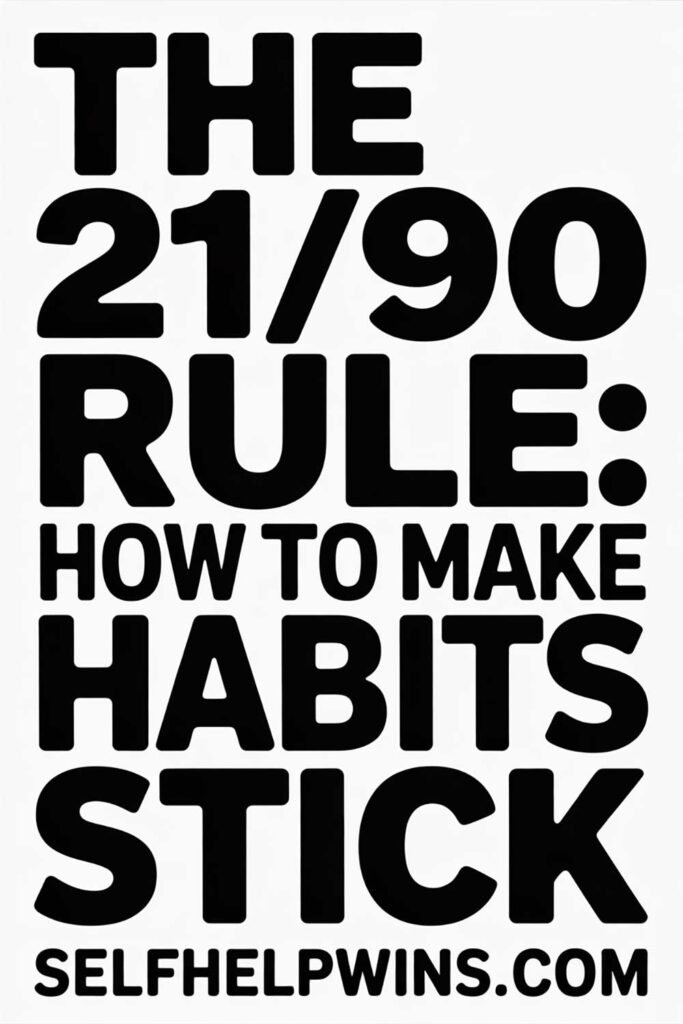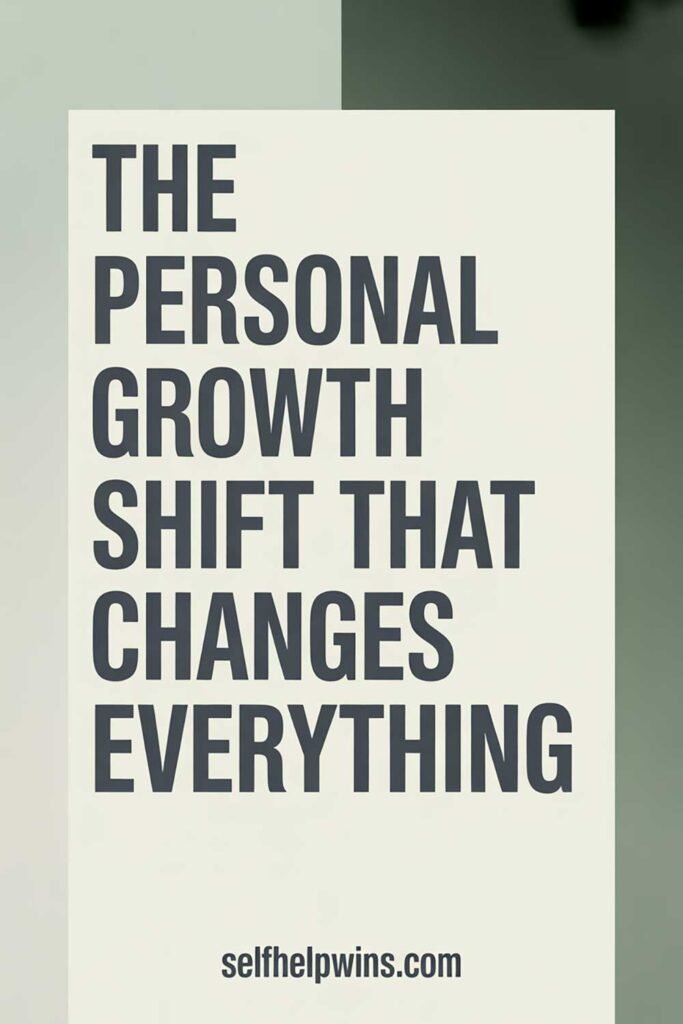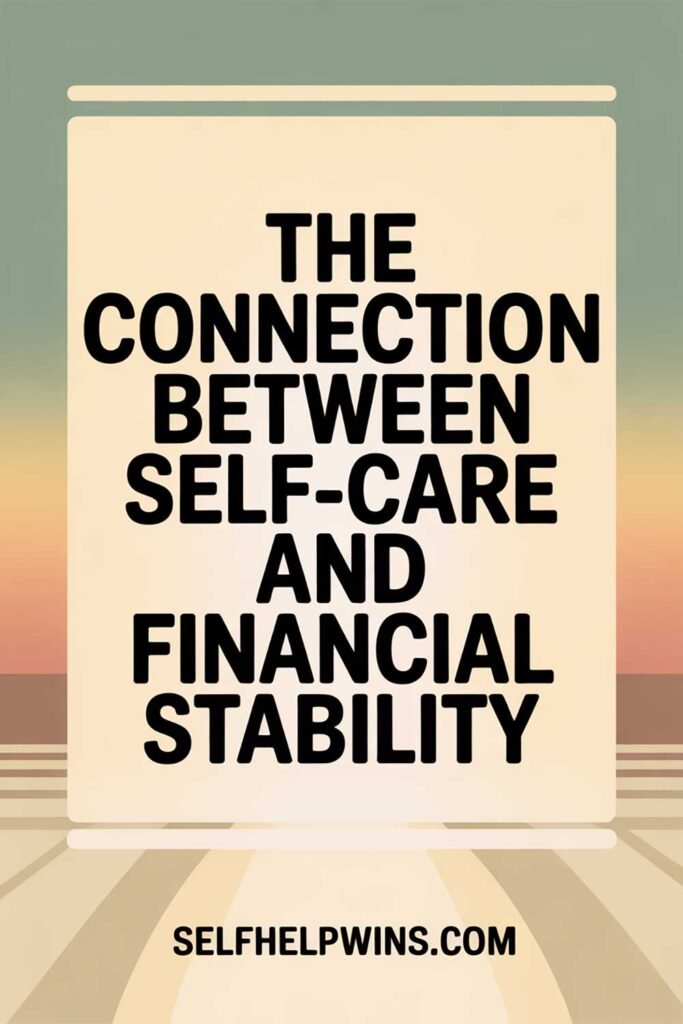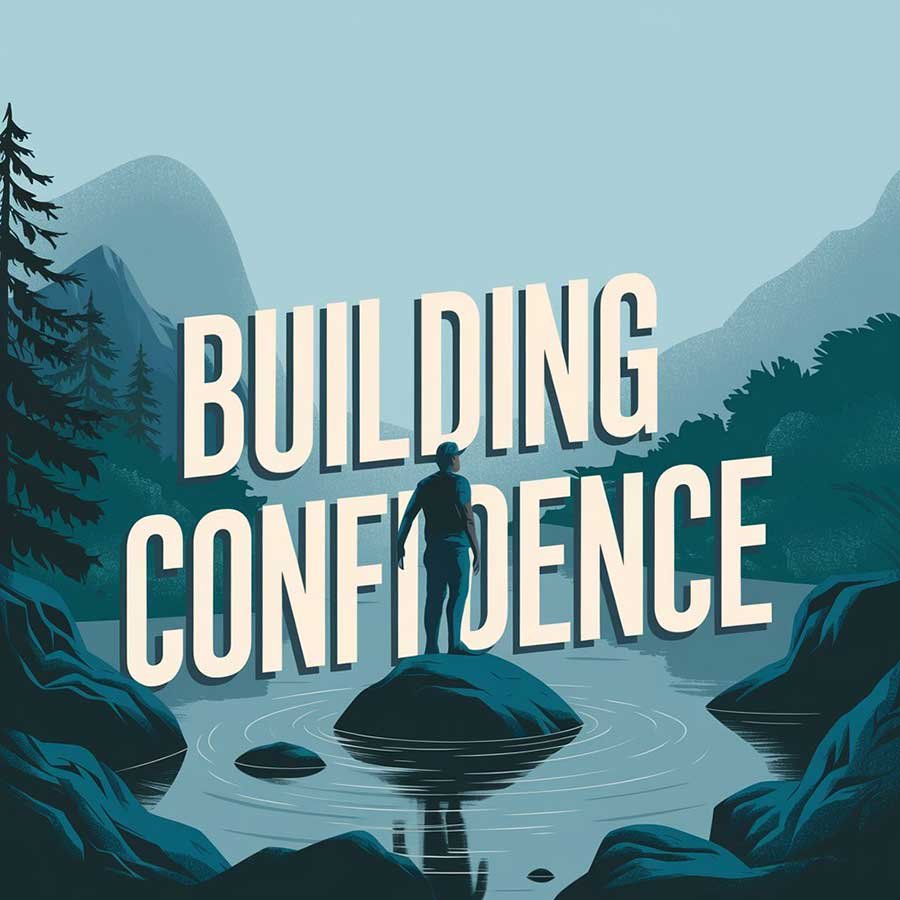
Building Confidence: A Guide to Self-Assurance and Growth
Understanding Confidence
Confidence is the foundation of success in both personal and professional life. It is the belief in your own abilities, judgment, and self-worth. When you have confidence, you take risks, overcome obstacles, and approach challenges with resilience. However, confidence is not something you are born with—it is a skill that can be developed over time through intentional effort and practice.
Developing confidence is crucial because:
- It enhances your ability to make decisions.
- It helps you take action without excessive fear of failure.
- It improves your communication and social skills.
- It fosters resilience and mental strength.

The Key Elements of Confidence
1. Self-Awareness
Confidence starts with understanding yourself—your strengths, weaknesses, and values. When you know who you are, you can align your actions with your core beliefs, making it easier to trust yourself.
How to Improve Self-Awareness:
- Keep a journal to track your thoughts and emotions.
- Reflect on past achievements and lessons learned.
- Identify areas where you feel least confident and work on them step by step.
2. Positive Self-Talk
Your inner dialogue shapes your confidence. If you constantly criticize yourself, you will struggle to believe in your abilities. Replacing negative self-talk with affirmations and constructive self-reflection builds self-assurance.
How to Practice Positive Self-Talk:
- Replace self-doubt with affirmations like “I am capable” or “I deserve success.”
- Challenge negative thoughts by questioning their validity.
- Speak to yourself with the same kindness and encouragement you would offer a friend.
3. Taking Action Despite Fear
Confidence is built by taking action, even when you feel uncertain. The more you step outside your comfort zone, the more resilient you become.
Ways to Take Action:
- Start with small challenges and gradually work toward bigger goals.
- Focus on progress rather than perfection.
- Recognize that failure is part of growth and an opportunity to learn.
4. Body Language and Posture
Your physical presence affects your confidence. Standing tall, making eye contact, and using open gestures project confidence both to yourself and others.
Body Language Tips:
- Maintain good posture—stand tall with shoulders back.
- Make eye contact when speaking to others.
- Use deliberate, strong movements rather than fidgeting.
5. Developing Competence
Competence breeds confidence. The more skilled you become in an area, the more naturally confident you will feel.
How to Develop Competence:
- Invest in learning and improving your skills.
- Seek feedback and apply it constructively.
- Practice regularly to gain mastery in areas important to you.
6. Building a Strong Support System
Surrounding yourself with positive, encouraging people boosts your confidence. Negative environments can drain self-assurance, while supportive relationships reinforce your belief in yourself.
How to Strengthen Your Support System:
- Spend time with those who uplift and encourage you.
- Seek mentors who can guide you in your growth.
- Distance yourself from toxic or overly critical influences.
Overcoming Self-Doubt
Self-doubt can be a major roadblock to confidence, but it can be managed with the right mindset and strategies.
Strategies to Overcome Self-Doubt:
- Acknowledge and accept it: Recognize when you feel uncertain, but don’t let it control your actions.
- Use past successes as reminders: Reflect on times you overcame challenges.
- Visualize success: Imagine yourself accomplishing your goals to build confidence in your ability to do so.
- Take action despite fear: Confidence grows when you prove to yourself that you can handle difficult situations.
Daily Habits to Cultivate Confidence
1. Set Daily Intentions
Start your day with a clear focus on what you want to accomplish and how you want to feel.
2. Dress with Confidence
What you wear affects how you feel. Choose outfits that make you feel empowered and self-assured.
3. Celebrate Small Wins
Acknowledge and appreciate your achievements, no matter how small. This builds momentum and reinforces positive self-beliefs.
4. Exercise Regularly
Physical activity releases endorphins, reduces stress, and improves posture and body image, all of which boost confidence.
5. Learn to Say No
Setting boundaries and standing up for yourself are important for self-respect and confidence. Say no to things that do not serve your well-being.
Picture This
Imagine waking up feeling empowered and ready to take on the day. You move through your routine with self-assurance, speaking confidently, making decisions without hesitation, and embracing new opportunities without fear. As you continue to grow, challenges no longer feel like threats, but rather stepping stones toward success. Confidence becomes second nature, shaping the way you approach life with optimism and strength.
Share This with Someone Who Needs It
If this guide inspired you, share it with a friend or loved one who might benefit from building confidence. Together, we can uplift and empower each other to become our best selves!

